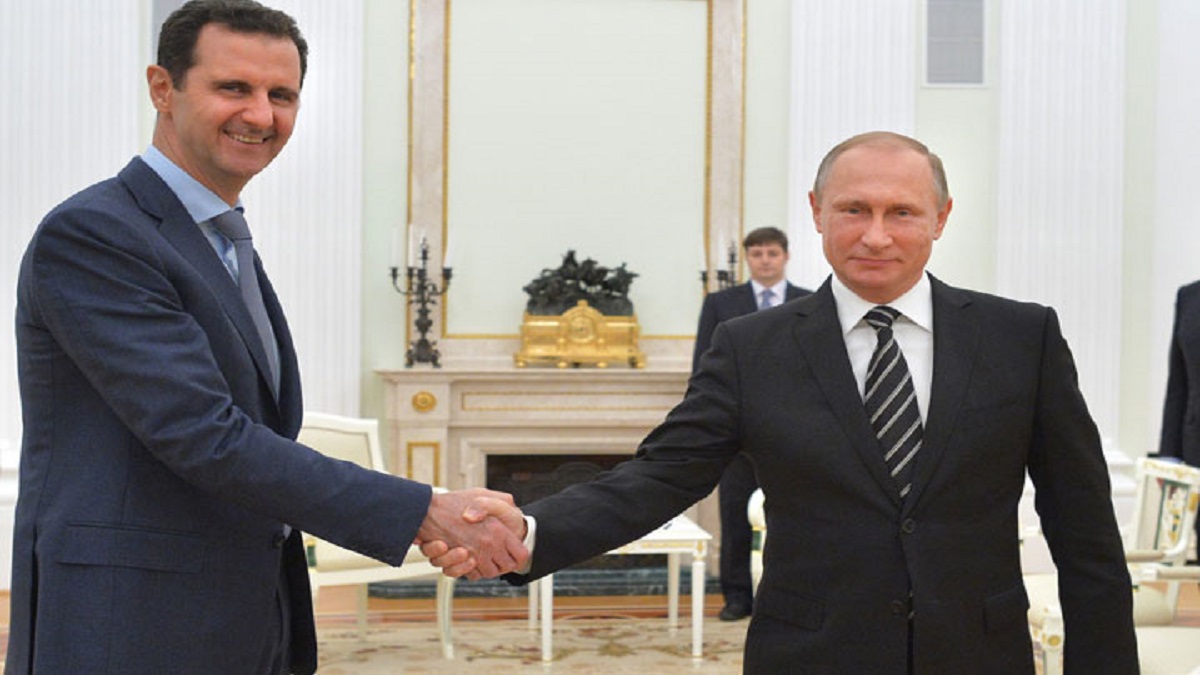The regime has succeeded in retaining the backing of countries which have supported it, while those who claim to represent the revolution have failed in keeping any friends or backers. The Soviet Union failed in Afghanistan because of the unity of its rivals, while Russia has succeeded in Syria because of the political and military fragmentation of the revolutionary forces.
The Russian intervention in Syria and the lack of objection from the United States was truly the beginning of the end for the Syrian revolution. It prevented the collapse of the regime before the form of the next government was chosen through an international consensus guaranteeing the interests of regional and international countries.
If not for the weakness of the Turkish position, owing to American pressure on one hand and Russian pressure on the other, Russia would not have achieved its aim of ending the revolution and the control of Syrian territory by rebel groups. Previously, the Syrian regime was only in control of 17 percent of Syria.
Russia has succeeded in exploiting Turkey’s weakness by dragging it to the so-called Astana conference and getting it to agree to the so-called de-escalation zones and to keep up the fight against the terrorists represented by the Islamic State (ISIS) and al-Nusra Front, through which the regime was able to regain all territory, with Russia’s backing, up to the borders of Idleb.
Today, Turkey has been able to curb Russia’s ambitions of ending rebel control over Idleb, through a strict position rejecting control or an attempt to control it, as that would put pressure on the Turks and could impact Europe negatively through new waves of displacement. Therefore Russia had to please their Turkish ally, even if for a limited period, to end the understandings and head toward a political solution through resolution 2254.
In the end, Russia succeeded in defeating the Syrian revolution by conspiring with Arab countries that funded its campaign in Syria on the pretext of fighting ISIS.
This article was translated and edited by The Syrian Observer. Responsibility for the information and views set out in this article lies entirely with the author.


